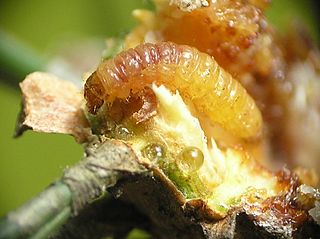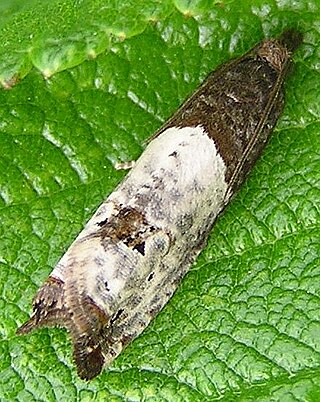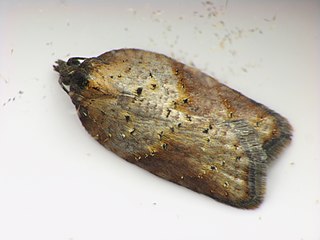Related Research Articles

The grey treepie, also known as the Himalayan treepie, is an Asian treepie, a medium-sized and long-tailed member of the crow family. The species was first described by Robert Swinhoe in 1863. They are widely distributed along the foothills of the Himalayas in the Indian Subcontinent and extending into Indochina, southern mainland China and Taiwan. The populations vary in plumage and several are named as subspecies.

Medinilla is a genus of about 400 species of flowering plants in the family Melastomataceae, native to tropical regions of the Old World from Africa east through Madagascar and southern Asia to the western Pacific Ocean islands. The genus was named after J. de Medinilla, governor of the Mariana Islands in 1820.

The slaty-headed parakeet is the only psittacid species to exhibit altitudinal migration. The species' range extends from Pakistan, to Western Himalayas in India through Nepal and Bhutan and up to the Eastern Himalayas in the northeastern Indian state of Arunachal Pradesh. They descend to the valleys in winter, approximately during the last week of October.

The Himalayan marmot is a marmot species that inhabits alpine grasslands throughout the Himalayas and on the Tibetan Plateau. It is IUCN Red Listed as Least Concern because of its wide range and possibly large population.

The Himalayan agama is an agamid lizard found in Central Asia and South Asia.

Zeiraphera isertana is a moth of the family Tortricidae. It is found in China, Russia, Europe and the Near East.

Eupoecilia ambiguella, the vine moth, is a moth of the family Tortricidae. It is found in Europe, China, India, Japan, Korea, Mongolia and the Russian Far East.

Sapria himalayana, commonly known as the hermit's spittoon, is a rare holoparasitic flowering plant related to Rafflesia found in the Eastern Himalayas. Sapria himalayana represents the extreme manifestation of the parasitic mode, being completely dependent on its host plant for water, nutrients and products of photosynthesis which it sucks through a specialised root system called haustoria. These haustoria are attached to both the xylem and the phloem of the host plant.
Hendecaneura is a genus of moths belonging to the subfamily Olethreutinae of the family Tortricidae.

Retinia resinella, the pine resin-gall moth, is a moth of the family Tortricidae.

Notocelia roborana is a moth of the family Tortricidae. It is found from Europe to eastern Russia. It is also found in Asia Minor, Iran, Mongolia and China (Xinjiang).

Notocelia cynosbatella is a moth of the family Tortricidae. It is found from Europe to eastern Russia, it is also found in Asia Minor, Iran, Kazakhstan, China and Mongolia.

Rhyacionia pinicolana is a moth of the family Tortricidae. It is found from northern and central Europe to eastern Russia, China, Japan and Korea.

The Tortricini are a tribe of tortrix moths.

The Eucosmini are a tribe of tortrix moths.

Parthenocissus semicordata (Wall) Planch. 1811 is a creeper related to the grapevine family. It is a native plant of the Himalaya. Its name is derived from Latin 'corda' meaning heart.

Acleris ferrugana is a species of moth of the family Tortricidae. It is found in China, most of Europe and has also been recorded from North America.

Phalonidia curvistrigana, the golden-rod conch, is a species of moth of the family Tortricidae. It is found in China, Japan, Korea, Russia and most of Europe. The habitat consists of woodland and scrubland.
Hendecaneura axiotima is a species of moth of the family Tortricidae. It is found in China, Taiwan, India and Nepal.
Hendecaneura rhododendrophaga is a species of moth of the family Tortricidae. It is found in China (Sichuan) and Japan.